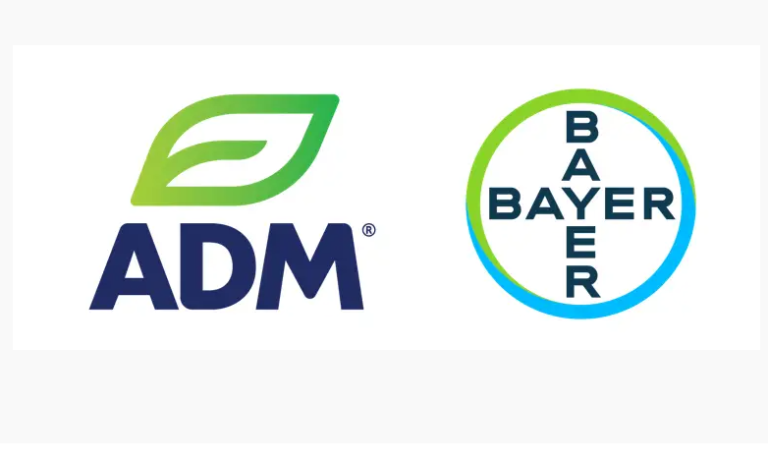ADM (NYSE: ADM) and Bayer have announced an extension of their partnership aimed at promoting regenerative agricultural practices among farmers in Europe. This collaboration follows a successful feasibility study conducted last year, which focused on assessing the impact of these practices on carbon emissions, biodiversity, and soil health.
The initial study involved oilseed rape farmers in Poland, covering approximately 9,000 hectares. It included an extensive risk assessment that aimed to evaluate the potential for reducing carbon emissions while developing tailored roadmaps for farmers transitioning to regenerative agriculture. Preliminary findings indicated that farms employing at least one regenerative practice had carbon emissions 15% lower than those of conventional farms. Furthermore, the analysis suggested that comprehensive adoption of regenerative techniques could reduce emissions by as much as 40%.
The next phase of this initiative will see the program expand to include a wider variety of crops such as corn, wheat, and barley, while extending its geographical reach across Eastern Europe. Farmers participating in the program will receive both financial and technical support for implementing qualifying regenerative practices. These practices include:
- Minimum tillage
- Cover crops
- Companion crops
- Nutrient management
- Use of organic matter/manure
- Crop rotation
ADM plans to compensate participating farmers for each qualifying hectare, with measurements and verifications conducted using Bayer’s digital tools in collaboration with Trinity Agtech’s Sandy platform. This platform, scientifically backed and compliant with high industry standards, provides an accessible tool for farmers.
Beyond financial aid, farmers will benefit from agronomic guidance from experts. This support begins with a thorough understanding of regional agricultural issues, followed by individual assessments where agronomists visit farms to create tailored development plans. Farmers will also have the opportunity to share experiences and techniques during field visits and peer-learning sessions.
The insights gained from the 2023 feasibility program have been pivotal in shaping the larger-scale initiative. Engaging with growers has ensured that local factors were taken into account, while primary data collection for greenhouse gas emissions and soil carbon sequestration has provided valuable insights into current environmental impacts and emission reduction possibilities.
Karol Pietnoczka, a farmer from West Pomerania, remarked, “We have been practicing regenerative agriculture for 15 years. We are constantly improving things. We tested first on a smaller area, and based on the results, we decided to implement it on a larger area. Thanks to these activities, our carbon footprint is lower.”
Another farmer, Piotr Hulanicki from Warmia-Masuria, stated, “We conduct regenerative agriculture practices on the farm because it is profitable for us. However, they must be well balanced with other agronomic practices to achieve farm-wide success.”
Candy Siekmann, director of Climate Smart Agriculture Origination at ADM, expressed excitement about the initiative, stating, “Regenerative agriculture is foundational to our leadership in sustainability and decarbonization. By collaborating with Bayer, we are helping farmers meet the growing demand for sustainable practices while fostering a resilient supply chain with a lower carbon footprint.”
Lionnel Alexandre, Carbon Business Lead, EMEA for Bayer, highlighted the significance of the collaboration, saying, “This project showcases the importance of a committed value chain approach, where all players work toward a common goal, combining digital solutions, advanced science, and agronomy capabilities.”
Learn more at www.adm.com and www.bayer.com.

